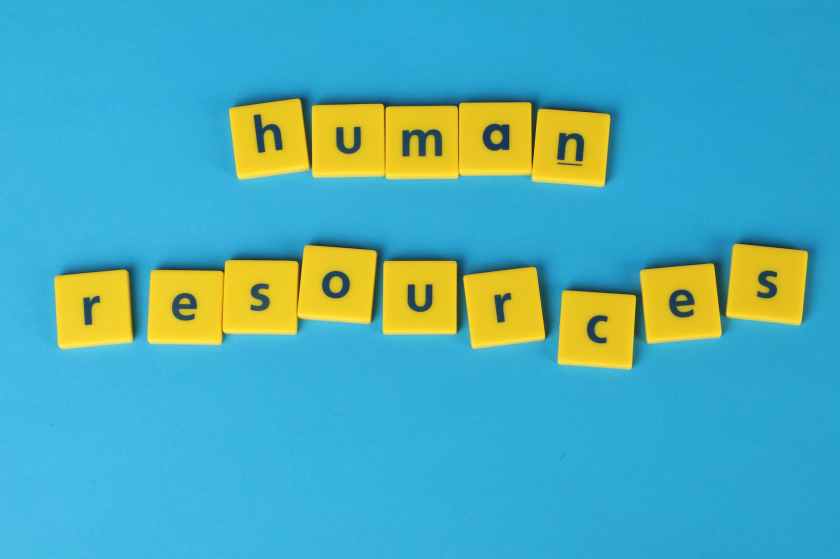I am talking to all of you poor people so pay attention. Yes you are poor, too bad, you have been handed the worst cards in life. Feel sorry for yourself for two minutes. I’ll wait. Now stop feeling sorry for yourself. Take a hard look at yourself. It cannot be that you have absolutely nothing. There must be something. Maybe you can use the left hand almost as well as your right hand. That is something. Maybe you can make people laugh in the way you tell stories. That is something. Now focus on yourself. What do you have?
Exchange is your friend. Money and opportunities may be very difficult for you to come by. But so long as you understand that getting rich is a matter of getting the better deal in an exchange then you are good to go. Before all that let us establish some ground rules.
Rule #1:
You must be somebody who knows how to listen to people. You must be empathetic to the needs and wants of others.
Rule #2:
Whatever you share with people especially conversation must be both interesting and value-adding to others. This way you become someone people want to listen to.
Rule #3:
You must represent and sell a dream bigger than yourself. Choose two or three virtues and values and stick by them eg honesty and aggression.
Rule #4:
Become a wizard. Hone in a skill to magical levels so that you become both irreplaceable and the best at whatever you do.
Rule #5:
Know when to leave. Being poor and having internalized the previous four rules you will find yourself in lofty company in many times. Do not overstay your welcome, leave before you become a nuisance.
Rule #6
Act your talk. Rhyme your words and actions to be honorable and respected.
Good luck in your anti-poverty campaign.
Helping the Poor
In Kenya, the poor might be helped in a variety of ways:
Government interventions
Private citizens interventions
Corporate interventions
Communal interventions
Self-help collaborations
These are just the solutions I can think off the top of my mind, meaning there are more. But I have just asked myself who helps the poor and what manner is the help. These questions are important. For me, ideally self-help collaborations are the ideal solutions with a hybrid partnership of the others.
Another question is what has caused poverty in Kenya? This is not a good question because the answers are indirect ranging from historical land injustices to being dealt the worst cards in life etc. A better question is what the economist Per Bylund asked on Twitter some years back:-
“What causes prosperity?”
To answer this question we must interrogate the term prosperity at different levels. At an individual level, at the family level, at a village level, county level, national and international level prosperity means different things. I will focus on individual, family, village, and county levels.
From what I have seen in my almost 30 years of life, education is a big boost in the fight against poverty. Just going to university increases the odds of a poor person shaking off that unwanted label. Entrepreneurship is not that far off. But the great entrepreneurs are much fewer and much richer. Education uplifts people at an almost equal rate but entrepreneurship takes people to the stars. This is Kenya, entrepreneurship is very hard for poor people. I know quite a number of smart chaps who despite having ambitious dreams of being entrepreneurs, they had to postpone them because financial support was hard to come by.
Good will is necessary across the board. The government, the private citizenry, the corporate sectors, the community, and the poor individuals themselves must all resonate at the same frequency. All the sectors must agree on whatever the plan is and be willing to implement it. If one sector is not contributing then the train won’t leave the station.
The Partner Ship
The Partner Ship for the Eradication of Poverty must have all stakeholders on board before it leaves the harbour on its way through the Seas of Prosperity. As I have so cheekily named it, getting rid of poverty is a partnership.
Prosperity can be defined in many ways by as many people. Personally, I considers prosperity to be humans living dignified and decent lives individually and contributing to the various organs of the community. My definition is very simple, to make the solutions likewise simple and implementable.
I am tired from writing all this in just a short time so I’m going to stop here for now.





